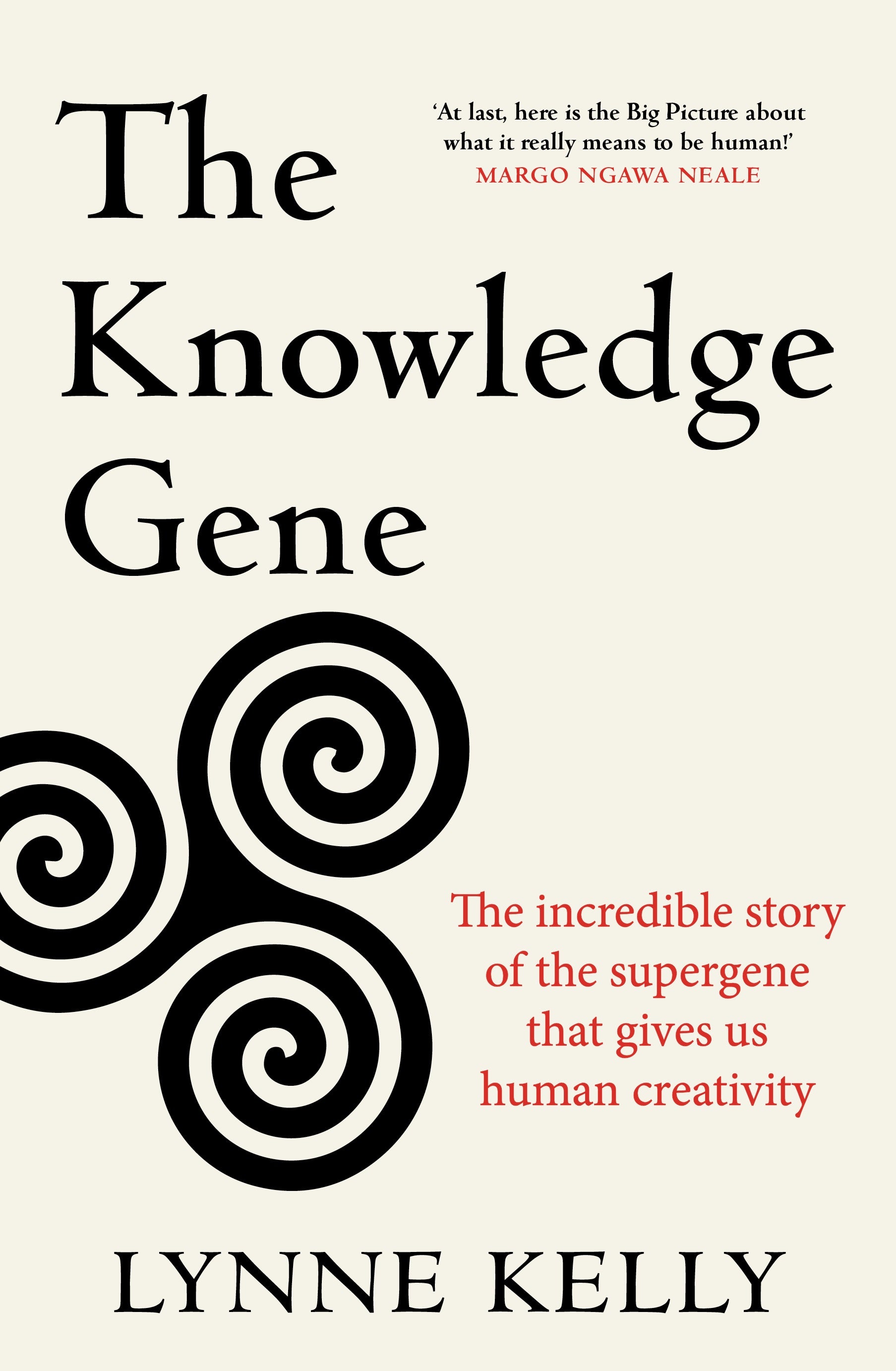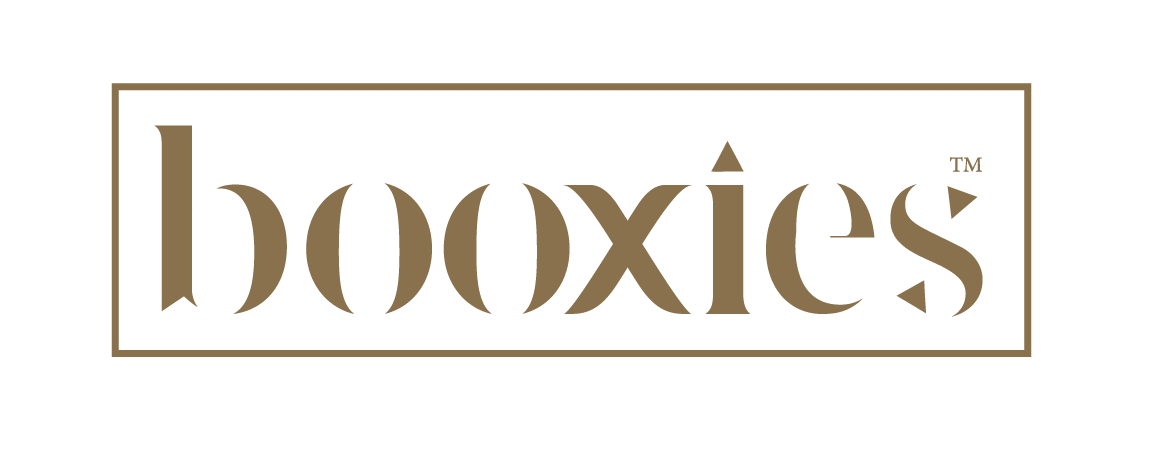
The Knowledge Gene
Lynne Kelly | Paperback | September 2024
Over 500,000 years ago, a single gene mutated. It spread over time, becoming critical in the journey that transformed our earliest ancestors into fully modern humans, capable of navigating the entire planet and beyond.
A few thousand years ago, humans started outsourcing knowledge to writing, displacing art and music from the heart of learning.
This is the extraordinary story of a gene that makes us uniquely human. Dr Lynne Kelly recounts how a widespread congenital disorder was the critical clue she and her collaborators needed to identify this gene as the supergene that has long eluded researchers into human cognition.
The knowledge gene supercharged our ability to learn and share knowledge with others, explaining the prodigious memories of Indigenous people the world over. The knowledge gene unlocks many other puzzles too. It explains for the first time why humans are the only species to make art, offers new insights into the earliest music and storytelling, and discusses the cognitive strengths of neurodivergent people.
The Knowledge Gene shows that we can all access the full power of our memories, without giving up any of the advantages of writing and technology. The implications for learning and creativity at any age are profound.
'At last, here is the Big Picture about what it really means to be human!' Professor Margo Ngawa Neale
'A rollicking ride through the strange and wonderful world of how humans attained the ability to learn, store and transmit vast amounts of information.' Professor Bruno David
'A thought-provoking book on human evolution, emphasising the critical role of creativity and art throughout our history.' Professor Alan Harvey
-------
Author Info
Dr Lynne Kelly AM is an educator and an Adjunct Research Fellow in the School of Humanities and Social Sciences at La Trobe University, and an Honorary Fellow in the School of Physics at the University of Melbourne. Over the past decade, she has focused on Indigenous knowledge systems and the use of story, song, place and art as mnemonic devices. She is an Australian Senior Memory Champion, and her work is used widely in schools and universities. She is the author of 20 books on science, including the bestselling The Memory Code, Memory Craft and Songlines.
Choose options


